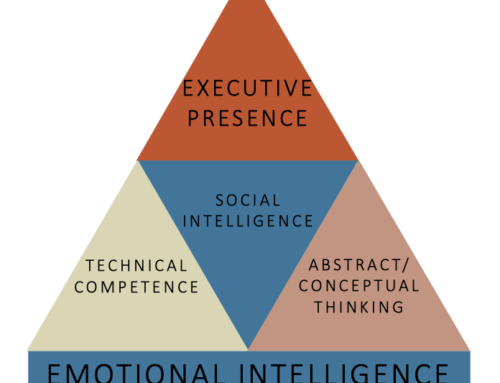 How do research leaders craft a compelling narrative that effectively communicates their leadership influence and performance? Drawing on my experience as an executive coach to research leaders at universities and centers of excellence, it becomes clear that quantifying leadership influence and success remains a challenging task. Many research professionals concentrate on advancing their expertise, often minimizing or omitting the opportunity to articulate their leadership contributions. Yet, framing their leadership achievements is essential for both personal career growth and driving institutional success.
How do research leaders craft a compelling narrative that effectively communicates their leadership influence and performance? Drawing on my experience as an executive coach to research leaders at universities and centers of excellence, it becomes clear that quantifying leadership influence and success remains a challenging task. Many research professionals concentrate on advancing their expertise, often minimizing or omitting the opportunity to articulate their leadership contributions. Yet, framing their leadership achievements is essential for both personal career growth and driving institutional success.
Successful leadership in research organizations hinges on the ability to exhibit deep analytical thinking skills and execute strong executive presence. These attributes empower research leaders to advocate for research priorities, secure funding in an increasingly complex environment, foster interdisciplinary collaboration, influence policy, and align their efforts with institutional goals.
Deep reflection sharpens the way a leader communicates their influence—a critical asset when planning a career move or identifying growth opportunities for an organization. The first step is to engage in deep reflection to probe key areas such as strategic planning, systems management, funding acquisition, ethical decision-making, and thought leadership.
To evaluate leadership performance, consider this four-category framework to reflect on leadership contributions:
1. Strategic Thinking and Research Vision
- How do we develop long-term research strategies that align with our university’s mission and global research priorities?
- Illustrate an example of how you’ve identified an emerging research trend and positioned your institution to lead in that area?
2. Thought Leadership & Institutional Influence
- What strategies have you found effective in positioning your institution as a thought leader in key research areas?
- Describe a time when your leadership significantly influenced national or institutional research policies?
3. Interdisciplinary Collaboration & Research Culture
- What approaches have you employed to foster interdisciplinary research and break down silos between departments?
- Illustrate an example where you facilitated collaboration across diverse disciplines to address a complex research challenge?
4. Research Funding & External Partnerships
- What methods have you found most effective for securing major research funding while supporting faculty in obtaining grants?
- Describe an example of an external partnership that significantly advanced your institution’s research agenda, and what factors contributed to its success?
Effective research leadership extends beyond technical expertise- it requires a clear narrative that captures deep insight and decisive action. This four category performance evaluation framework is the first step in developing your leadership narrative – to identify strengths, uncover growth opportunities, and strategically align your contributions with institutional goals. If you are ready to refine your leadership narrative and explore practical strategies to elevate your impact, let’s have a conversation to take your leadership journey to the next level.




